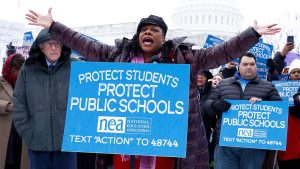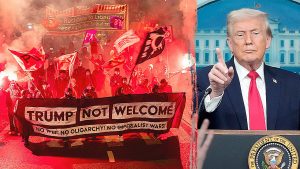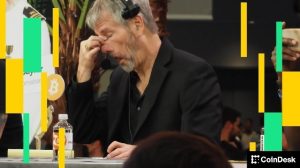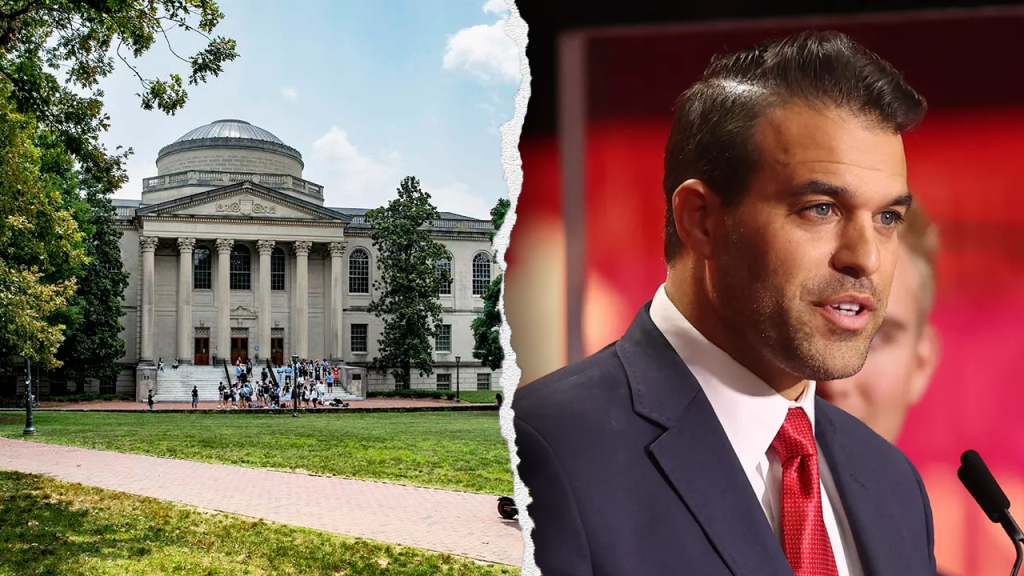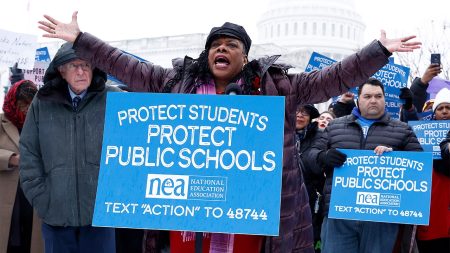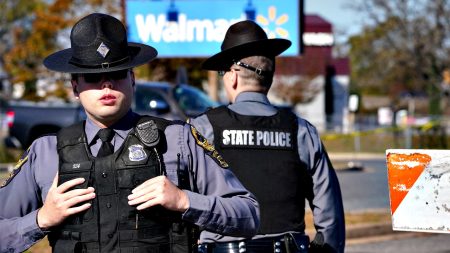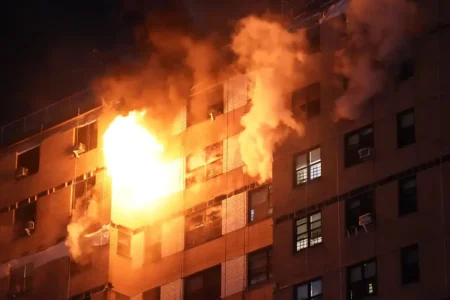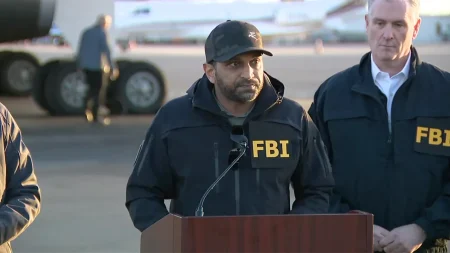Controversy Surrounds UNC Professor’s Alleged Ties to Radical Gun Group
In a growing controversy that highlights the tension between academic freedom and concerns about extremism, Turning Point USA spokesperson Andrew Kolvet has called for the dismissal of University of North Carolina at Chapel Hill professor Dwayne Dixon. Dixon, who teaches Asian and Middle Eastern Studies, allegedly belongs to Redneck Revolt’s Silver Valley chapter, an offshoot of the John Brown Gun Club. This left-wing armed organization has been linked to violent incidents at Immigration and Customs Enforcement facilities in Washington and Texas. The controversy gained momentum after recruitment flyers for the John Brown Gun Club appeared at Georgetown University with the ominous message, “Hey fascist! Catch this!” – language that eerily echoed writing found on bullet casings connected to the recent assassination attempt on Turning Point USA founder Charlie Kirk.
The situation raises difficult questions about the boundaries between protected political expression and potential advocacy for violence. “This professor must be immediately fired and the group/network investigated,” Kolvet wrote on social media after discovering the flyers at Georgetown. The timing is particularly sensitive, coming shortly after President Trump signed an executive order directing federal agencies to investigate and dismantle operations connected to Antifa. The John Brown Gun Club flyers described themselves as “the only political group that celebrates when Nazis die” and promoted building a community focused on “real change” rather than “ceremonial resistance and strongly worded letters.” When contacted about the allegations, UNC-Chapel Hill responded that it respects free speech and does not “monitor or comment on the lawful personal activities or political views of individual employees,” leaving unclear whether Dixon faces any investigation or disciplinary action.
The Counter Extremism Project describes Redneck Revolt as a “far-left” gun club that rejects capitalism and the nation-state. The group has become known for deploying armed members to protests, claiming they provide protection for left-wing activists against what they characterize as “fascist” or “white supremacist” opponents. Dixon’s history includes multiple charges related to his attendance at protests in Durham and Charlottesville in 2017, where he allegedly carried a semi-automatic rifle, though these charges were eventually dropped. He was also charged with assault during the 2018 toppling of UNC’s Silent Sam statue, a case that was later dismissed according to local news outlet WRAL. These incidents paint a complex picture of a professor whose political activism has repeatedly intersected with legal boundaries.
Redneck Revolt’s legal troubles extend beyond individual members like Dixon. The organization was sued by Charlottesville and local businesses under anti-paramilitary and nuisance laws following a 2017 rally. While a judge refused to dismiss the case, the group avoided trial by entering a consent decree, characterizing the lawsuit as “harassment” and “state repression.” Perhaps most troubling are the connections to more extreme violence, including a 2019 bombing attempt on an ICE facility by Willem van Spronsen, a member who was killed during the attack and subsequently celebrated by some antifa activists as a martyr. These associations have intensified concerns about groups that blend political activism with armed militancy.
The controversy at UNC represents a microcosm of larger national debates about the limits of political expression in academic settings. Universities traditionally serve as bastions of free thought and intellectual exploration, with faculty members generally granted wide latitude in their personal political activities. However, when those activities potentially connect to organizations associated with violence, universities face difficult decisions about where to draw the line. The situation is further complicated by the polarized political environment, where calls for action against perceived extremism often split along partisan lines. Georgetown College Republicans have demanded a “full investigation” of the leftist club’s flyers referencing the Kirk assassination attempt, highlighting how campus political tensions are increasingly reflecting broader national divisions.
As this story continues to unfold, it raises important questions about political violence in America and the responsibility of institutions when their employees are allegedly associated with radical groups. Former FBI agent and current UVU professor has warned of a new pattern of political violence following the assassination attempt on Charlie Kirk, suggesting these incidents may not be isolated. For UNC, the challenge is balancing its commitment to academic freedom with ensuring campus safety and maintaining public trust. For American society more broadly, the case highlights the increasingly blurry line between passionate political activism and dangerous extremism, a distinction that becomes more crucial as political tensions continue to rise across the country. Neither Dixon nor UNC has provided additional comments on the allegations, leaving many questions unanswered as the controversy continues to develop.
